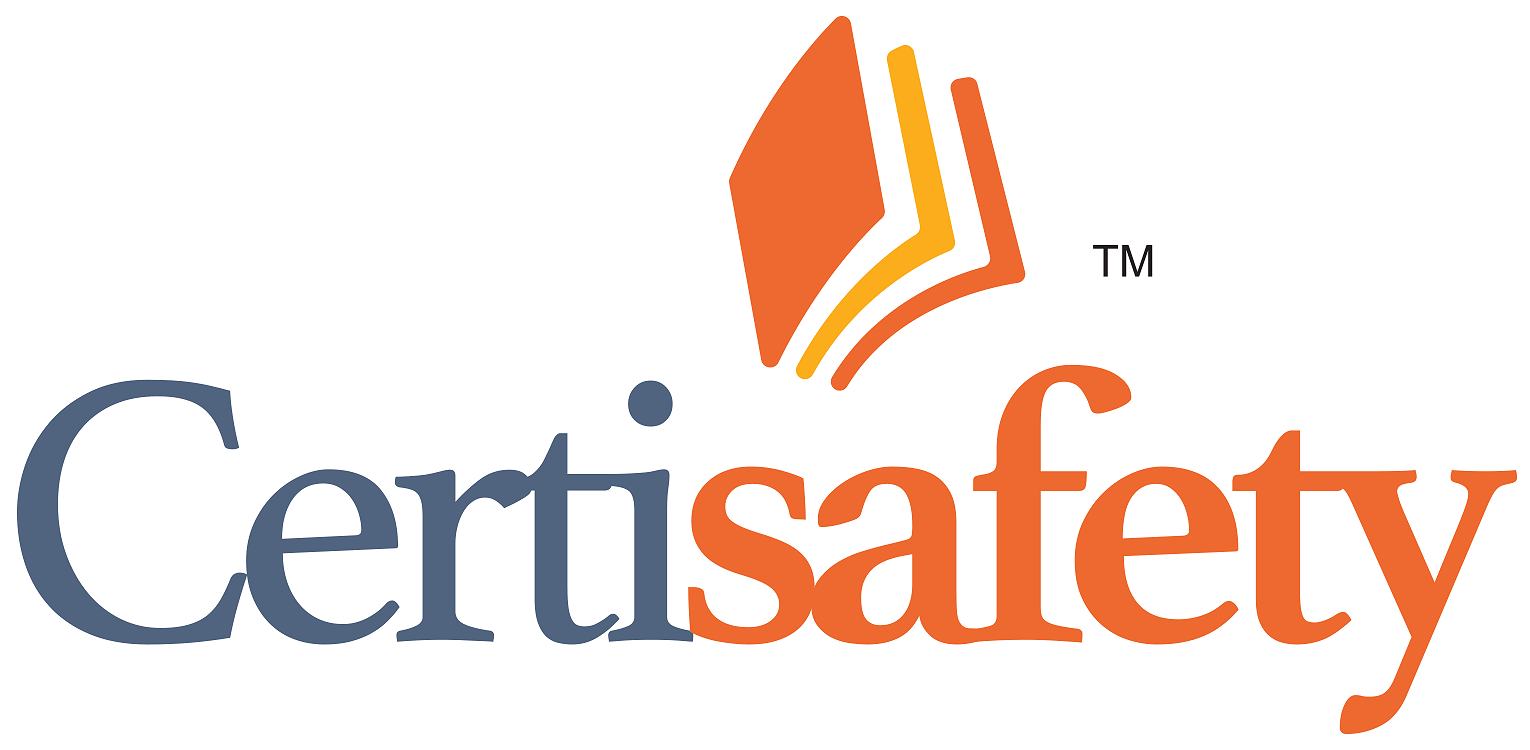

Copyright ©2000-2018 Geigle Safety Group, Inc. All rights reserved. Federal copyright prohibits unauthorized reproduction by any means without permission. Students may reproduce materials for personal study. Disclaimer: This material is for training purposes only to inform the reader of occupational safety and health best practices and general compliance requirement and is not a substitute for provisions of the OSH Act of 1970 or any governmental regulatory agency. CertiSafety is a division of Geigle Safety Group, Inc., and is not connected or affiliated with the U.S. Department of Labor (DOL), or the Occupational Safety and Health Administration (OSHA).